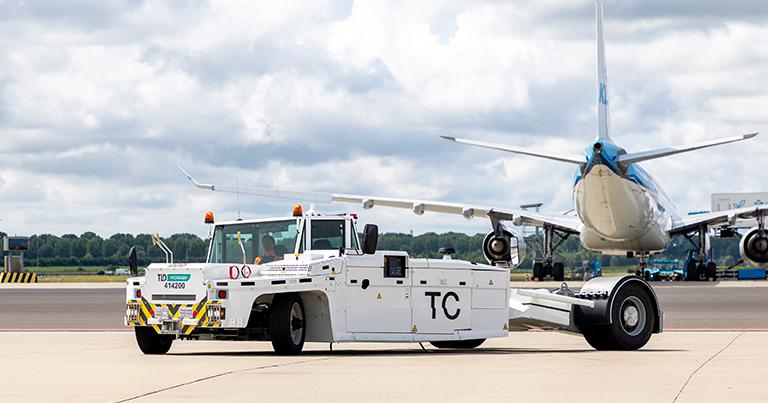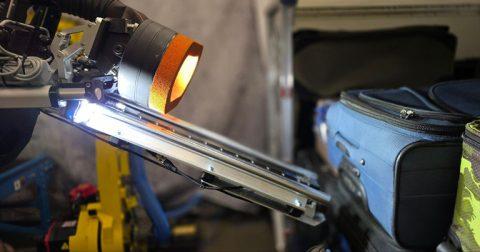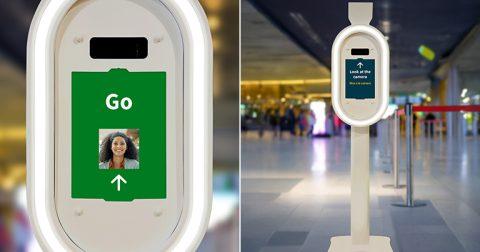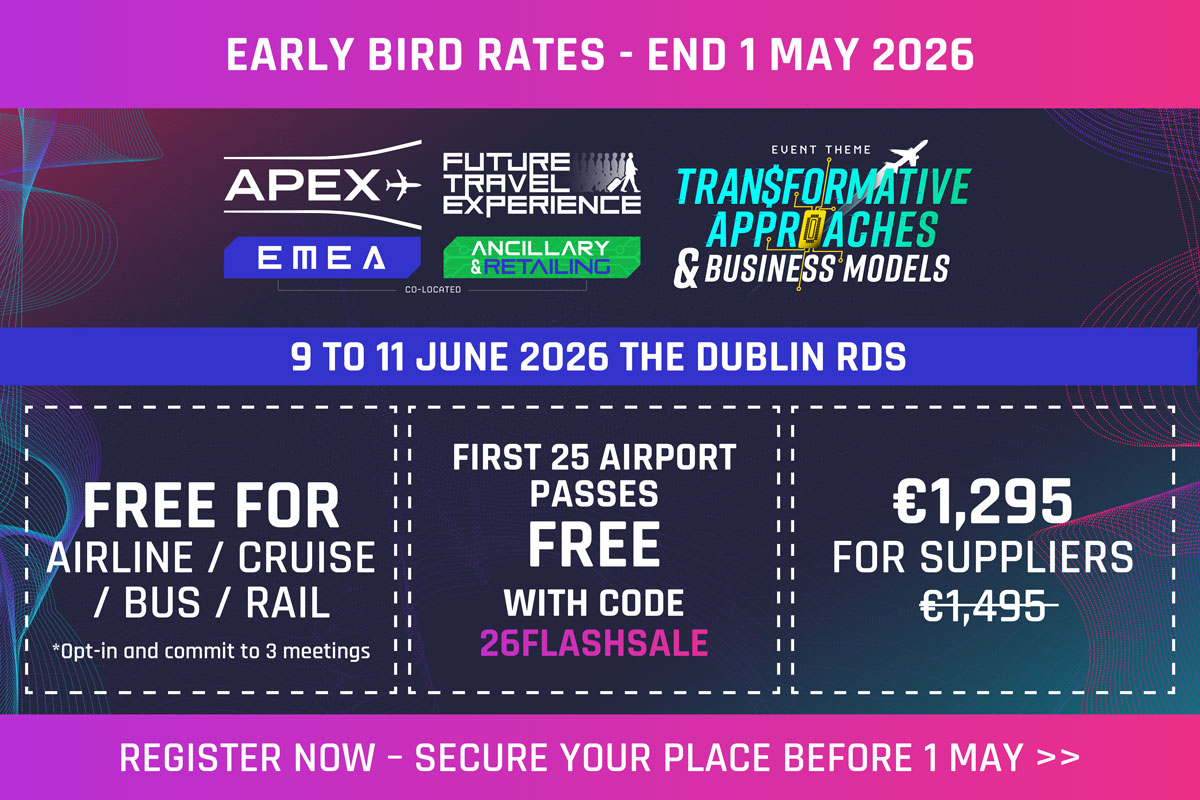
Schiphol – a Corporate Partner of the FTE Digital, Innovation & Startup Hub – is the first major international airport in the world to launch a pilot involving the use of hydrogen-powered vehicles on the airport grounds. This pilot involves a specially developed aircraft tow vehicle and a prototype of a Toyota pick-up truck with an electric engine powered by hydrogen. Schiphol also has its own temporary hydrogen refuelling station to supply these vehicles with hydrogen. With this pilot, the airport is taking an important step towards emission-free ground operations by 2030.
During the pilot, the vehicles will be used in daily operations at the airport. Several times a day, the hydrogen-powered aircraft tractor will tow a KLM Boeing 737 between the aircraft parking areas, hangars, taxiways and gates. The pick-up truck will be used by Bird Control, the team responsible for keeping birds away from runways.
Royal Schiphol Group and its partners are investigating the practical applicability of hydrogen vehicles, including ease of use, reliable range and integration into the existing infrastructure. A successful test with an H2 GPU, a hydrogen-powered ground power unit, was previously conducted at Schiphol. The GPU supplies stationary aircraft with emission-free power.
“We want to pioneer further sustainability in aviation,” said Esmé Valk, Chief People & Transformation Officer, Royal Schiphol Group. “Hydrogen is a promising addition to battery-electric driving, especially for vehicles that are used intensively or must always be on standby, such as Bird Control and the fire brigade. By testing at the airport, we are exploring innovative solutions that contribute to emission-free ground operations. This is not only good for the climate, but also for the air quality for our employees and the local environment.”
Hydrogen is a clean energy carrier which, like battery-electric vehicles, produces no emissions during use. An important advantage is the short refuelling time and reliable range, even at low temperatures. Unlike battery-electric equipment, hydrogen vehicles do not require intermediate recharging, making hydrogen-electric vehicles a valuable and efficient addition to ground operations.
The pilot is a joint effort by Royal Schiphol Group and various partners in the aviation sector, including manufacturers, airlines and ground handling companies. This collaboration is crucial to reducing indirect CO₂ emissions in the chain (Scope 3). Schiphol is not limiting itself to making its own processes and resources more sustainable but is actively contributing to the development of innovative solutions that will help the entire sector move forward.









